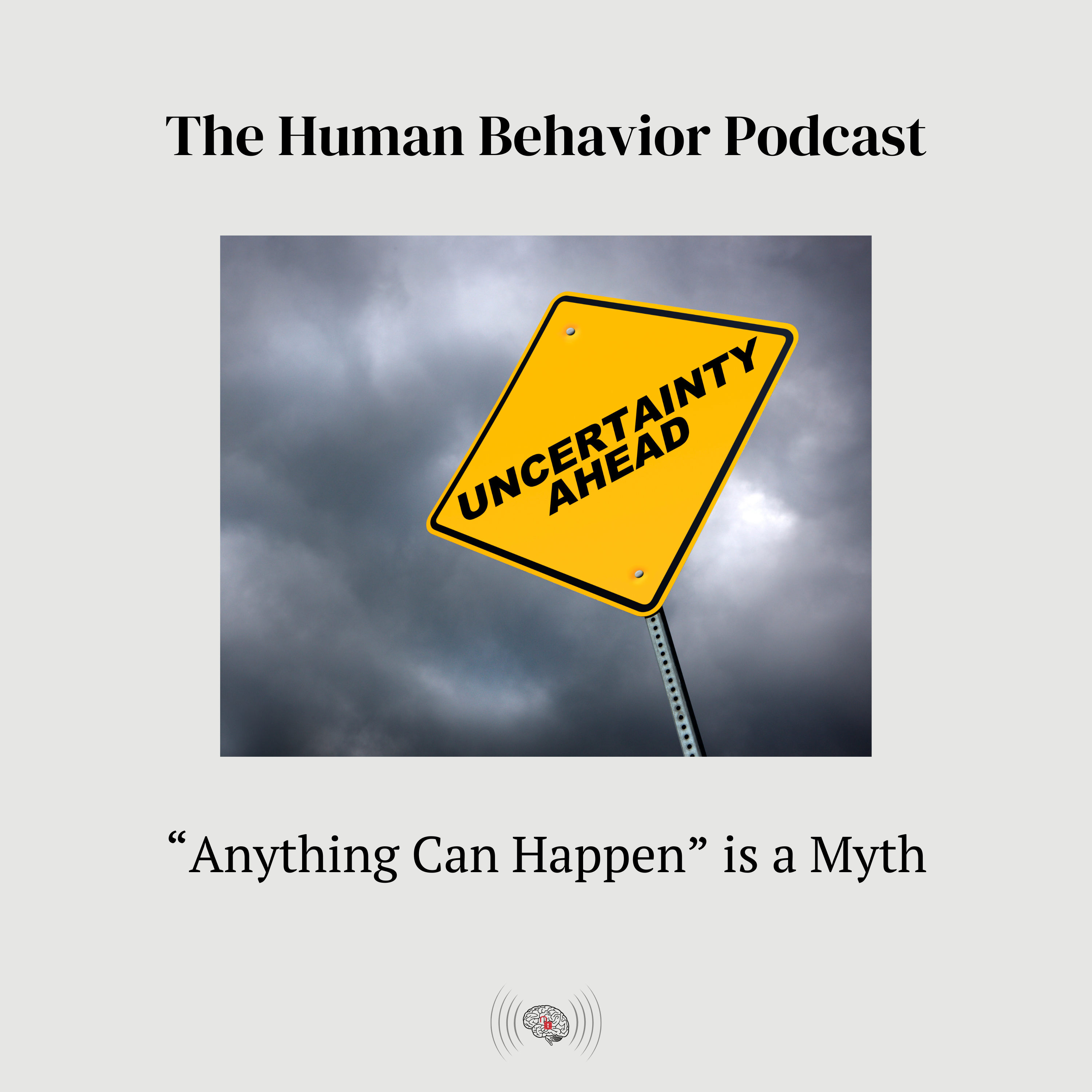In our latest podcast episode, we jump into the fascinating world of strategic thinking, exploring how game theory and Bayesian analysis can be harnessed to improve decision-making in high-stakes environments. The episode kicks off by debunking the myth that “anything can happen” in human interactions. We argue that this mindset only serves to increase uncertainty and cognitive load, particularly in high-risk scenarios. Instead, by understanding the balance between knowns and unknowns, we can effectively predict behavior and minimize ambiguity. This approach is especially beneficial for fields like law enforcement, where anticipating likely outcomes is crucial.
The episode also highlights the significant role games play in cognitive development. Far from being mere entertainment, games serve as vital training grounds for real-world challenges. By engaging in role-playing, problem-solving, and logical thinking, individuals can enhance their creativity and decision-making skills. We draw parallels between the structured environments of games and the unpredictability of life, emphasizing how strategic play can prepare individuals for complex scenarios. This discussion underscores the importance of adapting educational methods to meet contemporary demands, much like how changes in NFL rules reflect the need for evolution in training techniques.
A major focus of the episode is the power of Bayesian thinking and probability theory in navigating uncertainty. Bayesian thinking involves updating beliefs with new information, a process that is crucial in high-stakes situations. By referencing historical examples and personal anecdotes, we illustrate how critical analysis and adaptability can lead to better decision-making. The episode emphasizes the importance of simulations and practical exercises in refining predictive analysis abilities. These structured scenarios allow individuals to practice balancing knowns and unknowns, thereby enhancing their capacity to make informed decisions in real-time.
Furthermore, we explore the intricate relationship between game theory and training. Game theory provides a framework for understanding strategic interactions, which can be applied to various fields, including police work. By examining how pattern recognition and strategic thinking can help navigate both everyday life and professional challenges, we offer insights into the magic of identifying patterns amidst chaos. This approach not only improves cognitive skills but also prepares individuals to anticipate outcomes without solely relying on external tools.
In the latter part of the episode, we delve deeper into the application of Bayesian thinking in decision-making processes. We discuss how balancing knowns and unknowns is crucial, especially in high-stakes environments like law enforcement and military operations. By reflecting on past experiences and identifying patterns, individuals can improve their ability to predict and respond to situations effectively. The episode emphasizes the importance of updating hypotheses and questioning what might be missing when faced with atypical behaviors or responses. This mindset allows for effective problem-solving and decision-making, ensuring that individuals are prepared for various outcomes without being limited by focusing solely on extreme possibilities.
Finally, the episode touches on the human tendency to seek revolutionary solutions for age-old problems. We emphasize the importance of focusing on known, timeless strategies instead. By reflecting on historical technological advancements and exploring the aftermath of events like 9/11, we highlight how misdefining problems can lead to inappropriate solutions. The discussion reinforces the significance of game theory and Bayesian thinking in reducing uncertainty and complexity, enabling individuals to make informed decisions based on a well-defined understanding of the situation. This comprehensive approach offers a stronger foundation for decision-making than mere chance, ultimately elevating strategic thinking to new heights.

Comments are closed